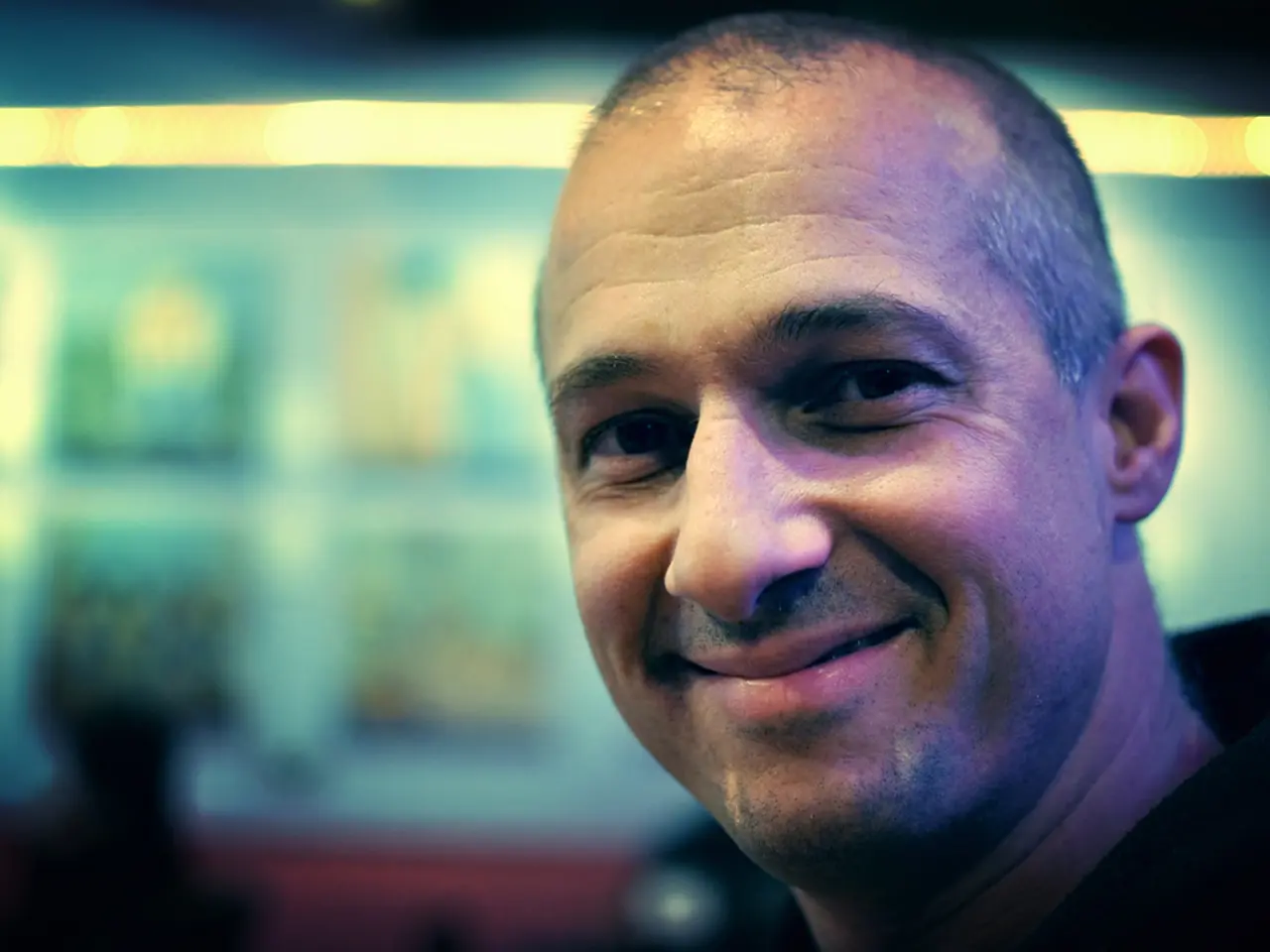Exploring the Unique Aspects of Humor in Jewish Culture
In the world of comedy, Jewish self-deprecating humor has long been a unique and significant presence. This style of humor, rooted in a historical and cultural context of persistent antisemitism and social exclusion, has functioned as a powerful coping mechanism for Jewish communities.
The Borscht Belt, a historically Jewish vacation area in the Catskills, served as a breeding ground for many Jewish comedians who integrated self-deprecating humor related to Jewish identity and stereotypes. This was partly a response to exclusion by mainstream society and discriminatory practices, creating a space where Jews could express shared struggles and resilience through comedy.
Self-deprecating humor serves multiple roles in coping with antisemitism. By joking about their own vulnerabilities and stereotypes, Jewish comedians lessen the sting of prejudice, making it more approachable and less threatening. Humor also subverts negative tropes by exposing their absurdity, allowing Jews to control the narrative about their own identity rather than being solely defined by outsiders. Shared laughter about common challenges fosters connection and cultural continuity within Jewish communities.
Examples of this can be seen in jokes like the "Yankel and the Cowboy" anecdote, which humorously reference the anxiety of facing antisemitism while affirming Jewish culture and religious practice in a lighthearted way. Comedians like D’yan Forest also emphasize that humor rooted in Jewish experiences, including the pain of historical trauma such as the Holocaust, offers a way to engage audiences and educate younger generations about Jewish identity and history through accessible, relatable means.
However, the role of self-deprecating humor in comedy is not without controversy. Recent debates have been sparked by comedians like Dave Chappelle, who came under fire for his controversial monologue on Saturday Night Live, perceived as containing antisemitic tropes. Chappelle's monologue, targeted towards Kanye West at the time, highlights ongoing debates about the role and impact of humor on societal perceptions and stereotypes.
The rise of antisemitism and the increasing comfort of Jewish comedians in expressing their Judaism have also been topics of conversation. About 80% of professional American comedians are Jewish, with comedians like Jackie Mason, Modi Rosenfeld, and Sarah Silverman frequently poking fun at American Jewish culture in their routines.
However, concerns have been raised about the use of ethnic and religious self-deprecating humor. Gary Gulman, a Jewish comedian, has expressed worries that it can be damaging to the discourse. The Anti-Defamation League has reported an increase of approximately 360% in antisemitic incidents in the U.S. since October 2023, further emphasizing the need for sensitivity and thoughtfulness in the use of such humor.
In summary, Jewish self-deprecating humor in comedy arises from a complex interplay of historical exclusion, cultural resilience, and psychological coping with antisemitism. It transforms vulnerability into strength and affirms community identity through laughter, but it is crucial to approach its use with care and awareness of its potential impact.
- The features of self-deprecating humor, commonly seen in Jewish comedy, have roots in both cultural heritage and coping mechanisms against historical adversity.
- Besides entertainment, this unique style of humor serves educational purposes, promoting understanding and appreciation of Jewish culture and history.
- Despite its considerable role in fostering unity within Jewish communities, the use of self-deprecating humor has recently sparked debates, with concerns over its potential to reinforce stereotypes or inadvertently fuel antisemitism.
- Photography, news articles, and pieces covering lifestyle, education, and self-development would benefit from exploring the nuanced implications and significance of self-deprecating humor in Jewish comedy.




